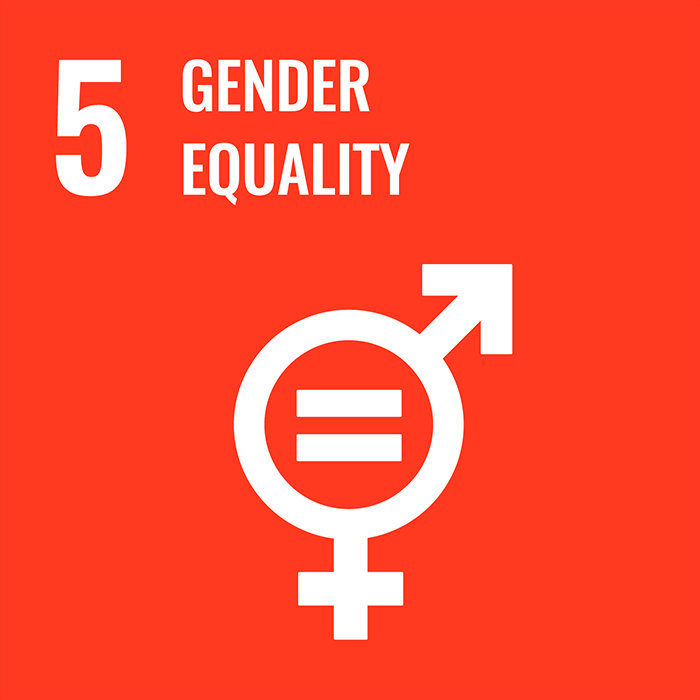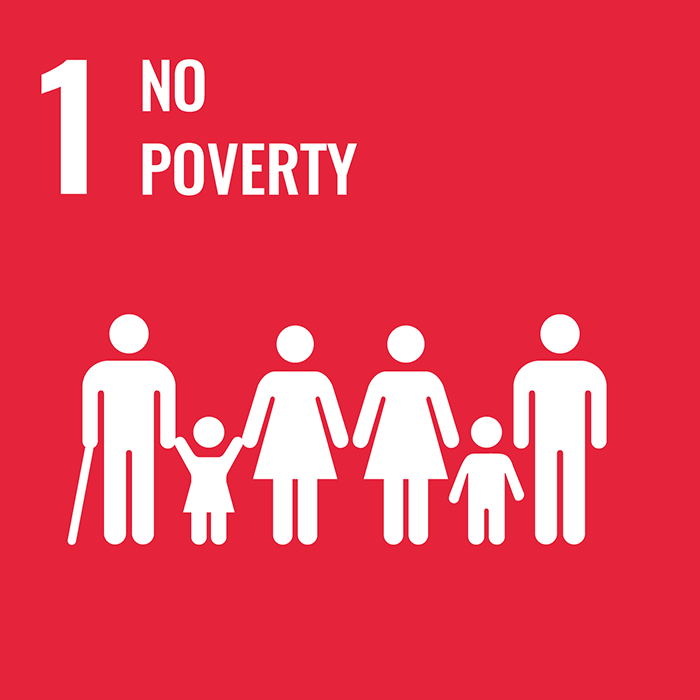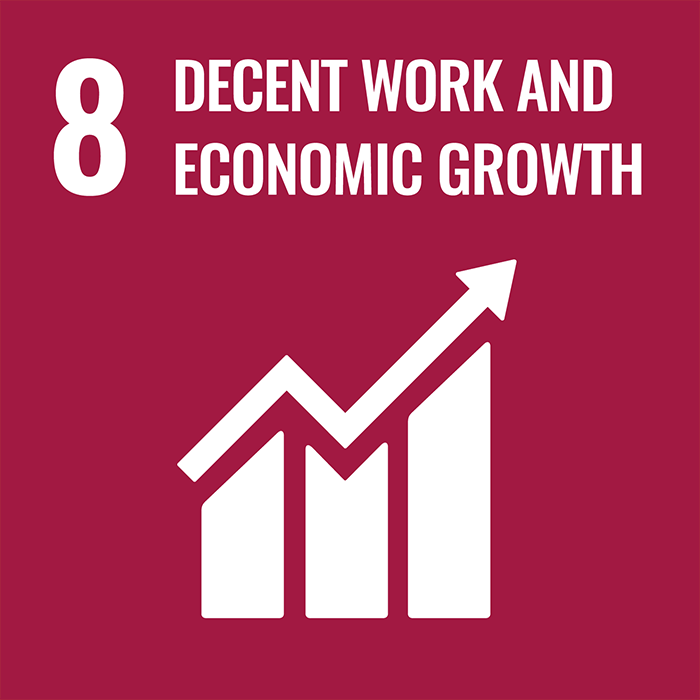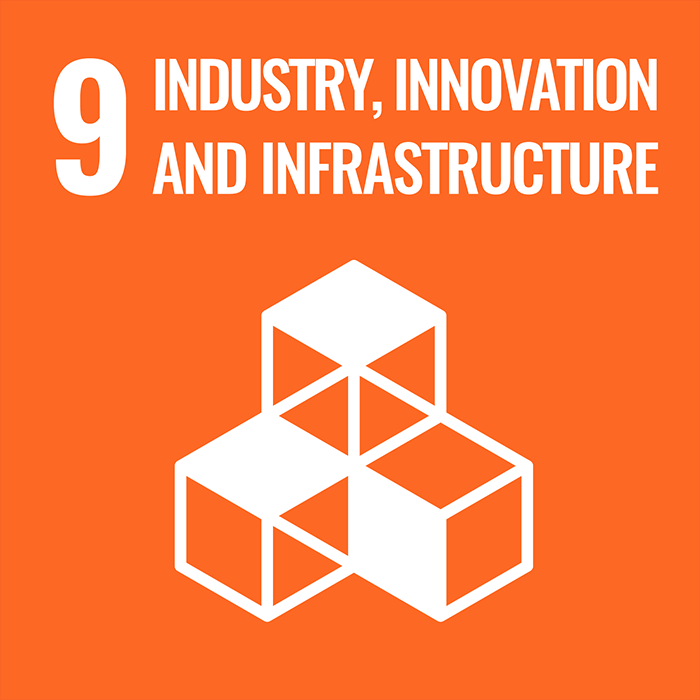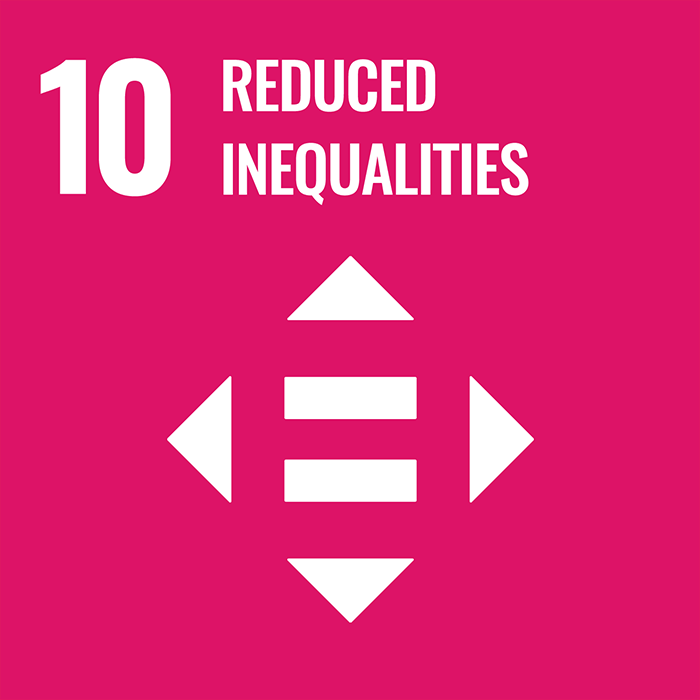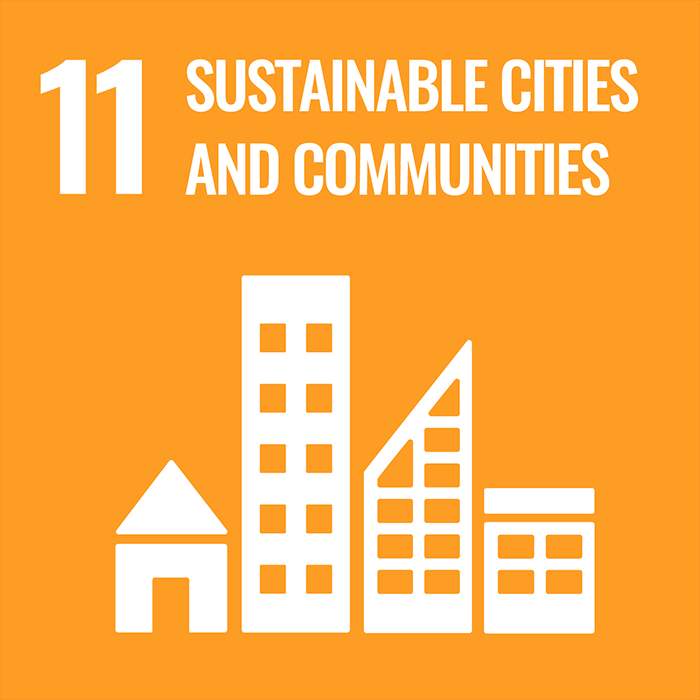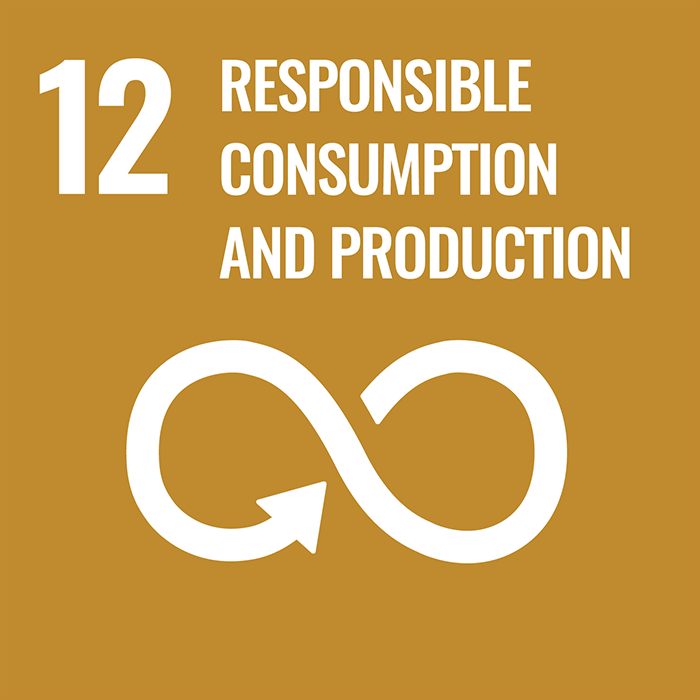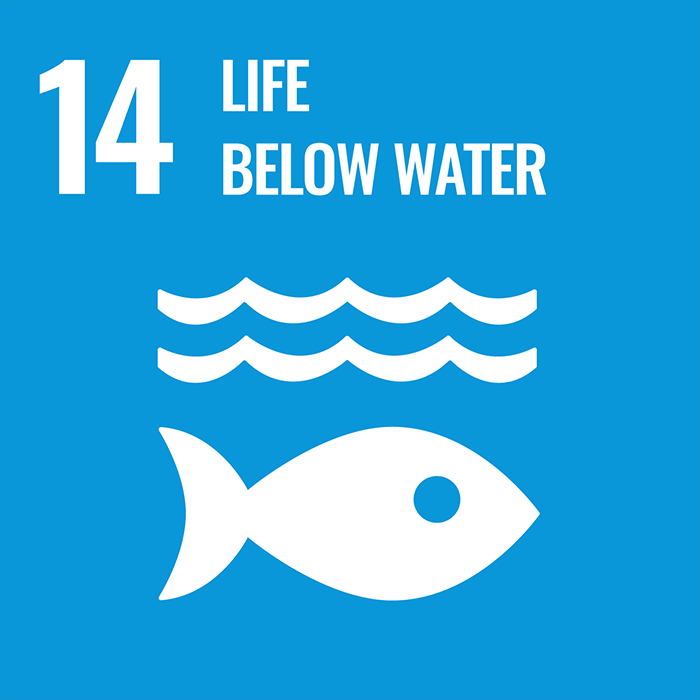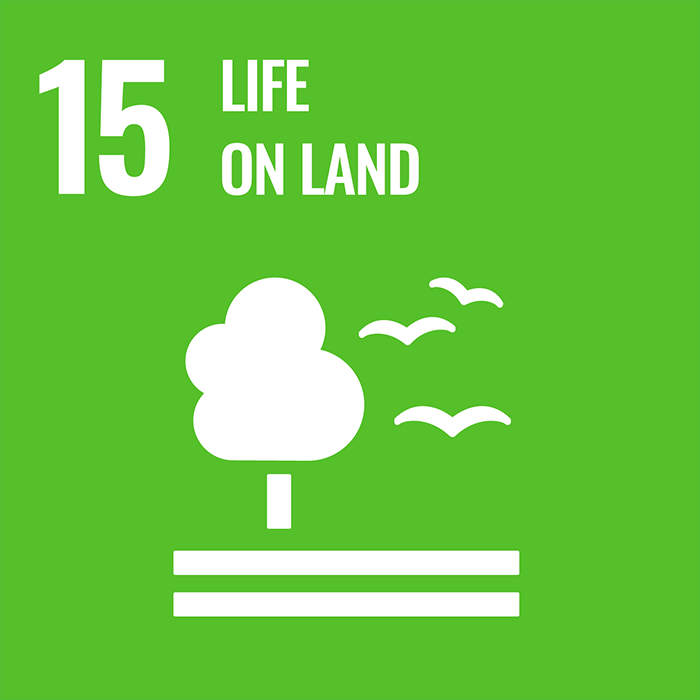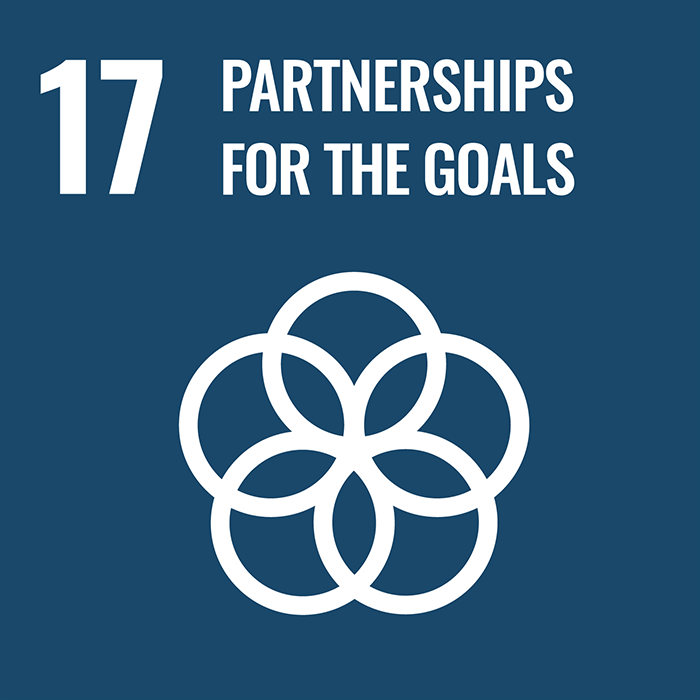Progress towards UN SDG 5: Gender equality
Achieve gender equality and empower all women and girls
Our research

Weekly pay for women in multiple low-paid employment is 40% lower than it is for all working women, according to the first UK-wide study on women’s multiple low-paid employment, led by the University of Glasgow.
‘Women in Multiple Low-Paid Employment: Pathways Between Work, Care and Health’ examined the relationships between multiple low-paid employment, caring responsibilities and health and wellbeing.
The research, which is funded by the Nuffield Foundation, also found that for almost half of women in multiple low-paid employment, the combined hourly pay rate across all their jobs falls below the National Minimum/Living Wage, a situation that is worsened by the rising cost of living.
The Ada Scotland Festival returned for its 6th year in 2025, delivering activity across the length and breadth of the country to help promote gender diversity in computing science and technology.
Learning & teaching

The EPSRC-funded Centre for Doctoral Training in Diversity-Driven Mission-Led Research is a new doctoral training opportunity at the University, focused on bringing together diverse teams to tackle interdisciplinary, mission-driven challenges at the forefront of research. This training provides an opportunity for those keen to use their STEM knowledge to make a difference and carry out postgraduate research in a different way.
Women are greatly under-represented in photonics, the science and technology of light, with a study by SPIE indicating that as little as 20% of the sector is comprised of women across Europe.
Photonics Scotland’s Vision Paper set out nine key recommendations to successfully lead the photonics sector towards 2030. One of these key points is the creation of a Women in Photonics initiative to identify barriers to female engagement in photonics and to provide recommendations to employers and educators to increase participation and engagement of women within the sector.
Opening Up Photonics works with both industry and academia to create recommendations and processes that will provide the necessary tools to encourage women to work in photonics.
As well as providing the workforce for the aimed 40% growth of photonics by 2030, it will provide important commercial and cultural benefits that are created by a more gender diverse workforce.
University operations

WREN is the Women Researcher’s Enterprise Network at Glasgow. It aims to be at the forefront of championing women-led research and innovation to ensure the potential for real life societal impacts can be fully realised. Women make up only 30% of leadership roles in the UK; this network will be a stepping stone towards empowering women to help create a more equal society. Our programme hosts a series of speakers, including women researchers who have founded companies and those who have commercialised their research via other mechanisms. The programme also aims to provide a principled space which thrives on respect, discussion, support and collaboration, where opportunities can be showcased and training support provided.
This network is not exclusively for researchers who intend to set up a business; the intention is for women researchers to join the network and have the chance to consider ways in which their research might be developed into innovative products or services of use to industry or wider society.
Civic engagement

The Ada Scotland Festival returned for its 6th year in 2025, delivering activity across the length and breadth of the country to help promote gender diversity in computing science and technology. The festival aims to help address the gender balance of computing science education in Scotland, which leans heavily towards male students.
In 2023, young women made up just 19% of the total of Scottish high school pupils studying computer science, and 22% of those taking the subject at National 5 level. The festival is named after the 19th-century English mathematician Ada Lovelace, who is recognised as a key pioneer of the concept of general-purpose computing.
This year’s festival hosted more than 20 in-person and online tech-focused events, workshops and activities aimed at girls, young women and non-binary people from primary school through to university. The events were delivered in partnership with organisations from across the public, private and charity sectors.
The Ada Scotland festival is sponsored by Barclays, Lloyds Banking Group and the People’s Postcode Lottery.
An evidence-based guide that will support women in film and television was launched at an event at the University of Glasgow.
The Deeds Not Words Policy Design Guide provides advice on designing and reviewing policies, interventions and action plans. Based on three years of international research co-led by Professor Doris Ruth Eikhof of the University of Glasgow, and CEO/Creative Director of the not-for-profit company Design Otherwise, the guide contains six questions the expert group recommends using when designing policies, interventions and action plans to support women’s equity in film and television.


